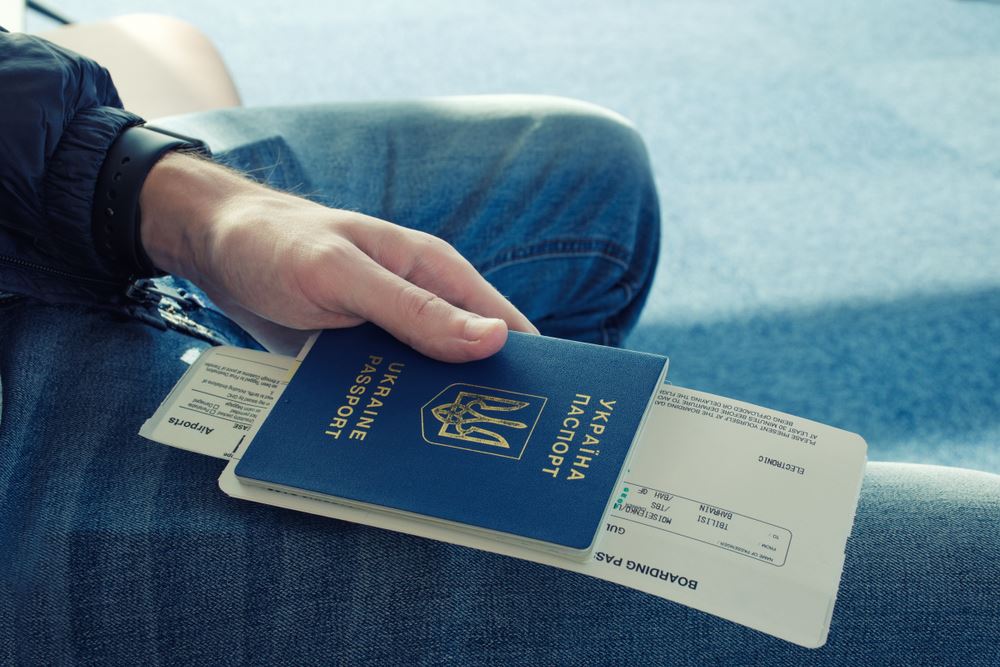What is a “Waiver” for J-1 Physicians?
Every J-1 Exchange Visitor physician who comes to the U.S. to pursue a graduate medical education is subject to the foreign residence requirement. This requires you to return to home country for a two-year minimum period upon the completion of your graduate medical program. As a J-1 status nonimmigrant, you may not normally adjust your status, obtain an H-1B visa, L-1 visa, or petition for permanent residence status within the US until after you have completed this requirement.
A waiver, however, will allow you to adjust your status and pursue other immigrant and nonimmigrant visa options, with no need for you to return home for two years. You will still need to petition for and meet all of the requirements for the specific new visa status that you seek. Applying for and obtaining a waiver of the J-1 foreign residence requirement can be a challenging and complex process. Contact The Law Firm of Shihab & Associates today if you would like to consult with a knowledgeable and helpful immigration attorney. We have over 50 years of combined legal experience in a wide variety of complex immigration law matters.
What are the Most Common Waiver Pathways?
J-1 Physicians have three main waiver options available to them: your waiver can be based on:
A fear of persecution in your home country,
Exceptional hardship that would result to your spouse or child who is a U.S. citizen or permanent resident, or
The recommendation of an interested U.S. government agency.
This article will focus on waivers obtained through the sponsorship of an “interested government agency.”
What is an “Interested Government Agency?”
A federal U.S. government agency can sponsor your J-1 waiver of the foreign residence rule. These waivers are typically divided into two main categories: 1) clinical service-based waivers, and 2) research-based waivers.
How Can I Obtain a Clinical Service-Based Waiver?
Clinical service-based waivers from an interested government agency can be obtained from a number of established government programs. These programs have the goal of attracting talented foreign physicians to work in under-served U.S. communities, providing much-needed clinical medical services. Some examples of these government entities are the Delta Regional Authority (DRA), the Appalachian Regional Commission (ARC), the Veterans Administration (VA), the Department of Health & Human Services (HHS), and the congressionally-mandated Conrad State 30 program.
To serve under the HHS clinical physician waiver program, you must be willing to practice as a primary care or general psychiatry physician in rural hospitals or community health centers that are located in areas with shortages of professional healthcare providers. “Primary care” physicians includes the areas of general internal medicine, pediatrics, family practice, and obstetrics/gynecology. This program is unfortunately unavailable if you are a specialist in any other areas of medicine. Furthermore, you will only be able to participate if you have completed your primary care residency training no more than 12 months before the date on which you begin your employment in an underserved area. If you have obtained fellowship training subsequent to completing your primary care residency, you will also be ineligible to participate.
Further requirements of this program mandate that you must have a contract with your sponsoring employer to work fulltime for a minimum three-year period in the underserved area. You must also be qualified to perform the job, and you will need to have three reference letters from former employers or colleagues attesting to your professional qualifications. You must also be able to show that you can meet the requirements of the H-1B visa for physicians, which will be the status you will change to after obtaining your waiver.
The process for obtaining a clinical-based waiver through a recommendation from the HHS is a three-step application process. This involves three federal agencies: first you must request sponsorship from HHS (3–6 months), then your application is submitted to the U.S. Department of State (DOS) (4–8 weeks), and finally your petition will be sent to the U.S. Citizenship and Immigration Services (USCIS) (2–6 months). Processing times will vary, and it is important to check with these agencies to find the current processing times.
How Can I Obtain a Research-Based Waiver?
For research-based waivers, HHS is perhaps the only organization that can sponsor your waiver if you are a medical researcher. This type of waiver will be based purely on the importance of your research—your teaching background or clinical expertise will not be considered. Instead, they will examine whether your research plays an indispensable role in a scientific program that HHS considers to be in the national interest, which would suffer a detrimental impact if you were required to leave the country for two years.
Other government agencies that are less likely, but may be able to sponsor your clinical- or research-based interested government agency waiver include: NASA, the Department of Energy, the Department of the Interior, or the Department of State.
Contact Us
If you would like further information about a waiver from the foreign residence requirement of the J-1 exchange visitor visa, or any other immigration matter, please contact our experienced immigration attorneys at The Law Firm of Shihab & Associates, Co., LPA to schedule a consultation with an attorney at an office near you.

